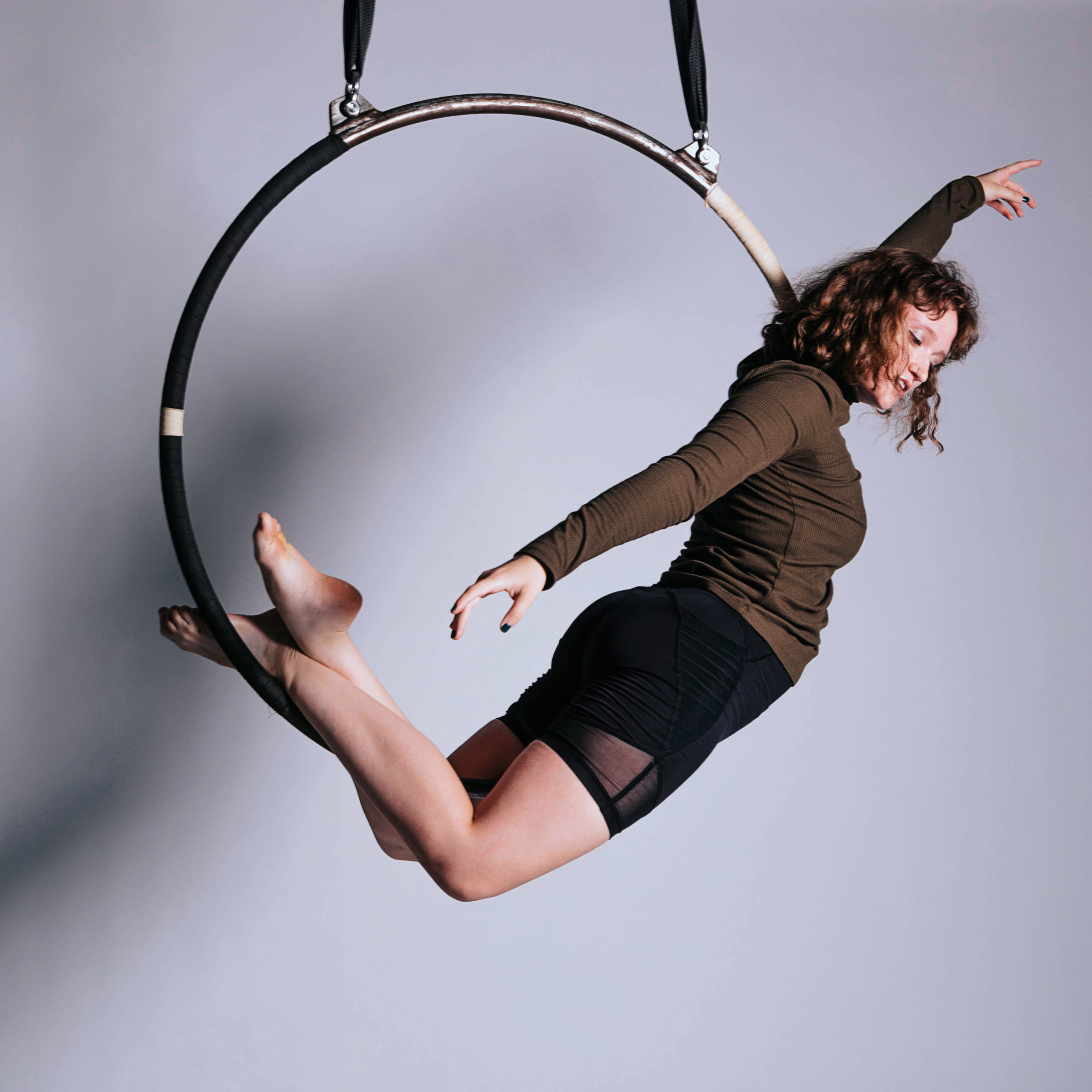The Pros and Cons of Commuting During College
Dorm life isn’t for everyone—if you enjoy having your own space, cooking your own meals and making independent decisions, then the college-commuter lifestyle might be for you. While there are challenges that come with living off campus, such as scheduling complications and potential isolation from a built-in social life, many students find the freedom worth it. Here are some pros and cons to consider.
THE PROS
Financial Benefits
“I chose to commute because it was going to save me a ton of money in the long run,” says Maya Stokes, who earned her BFA in dance from Point Park University in Pittsburgh in April. Based on Point Park’s estimated room-and-board cost, living at home may have saved Stokes more than $7,000 per year. Even if living at home isn’t an option, commuting can still be cost-effective: Claire Swanson, a senior dance performance and psychology major at the University of Central Oklahoma, found that renting an apartment with roommates was cheaper than living on campus.
Better Food
It’s no secret that dorm food can be unappetizing and lacking in healthy options. As a commuter, you’ll have access to either home-cooked meals or a kitchen of your own. “I started eating better when I moved off campus because I gained the ability to cook,” says Swanson.
Peace and Quiet
“Some students prefer a quieter home environment, so being able to have a retreat away from school, and feel a sense of separation, can be beneficial,” says Colleen Hooper, associate professor of dance at Point Park. Both Stokes and Swanson enjoyed getting out of the school bubble and having their own space to unwind.

THE CONS
Scheduling Challenges
At Point Park, classes begin at 8 am and rehearsals go as late as 10 pm, making for long days and tight schedules. Commuters sometimes don’t have enough time to get home between commitments to study and rest—plus there is the travel time at the beginning and end of each day. Not having a residence on campus can make it difficult to find the downtime you need.
Inclement Weather
Pennsylvania has harsh winters, so weather was a frequent challenge for Stokes. “Sometimes it snows really badly, and the city doesn’t plow roads, so you have to drive through snowstorms,” she says. Commuters have to make sure they have reliable transportation and convenient parking, rain or shine.
FOMO
Commuters are distanced from life on campus, which can help them separate their personal time from school but can also lead to fear of missing out. Your residential friends are around each other 24/7, with access to spontaneous outings, study sessions, parties and performances. While a busy social life is possible as a commuter, it can take more effort to connect with friends on campus.

Try Both
“It’s good for students to live on campus their first year, and once they become more familiar, consider moving off campus,” says Colleen Hooper, associate professor of dance at Point Park University. Dancers Maya Stokes and Claire Swanson lived on campus before making the switch—they both enjoyed having the traditional college experience and making close friends before finding the freedom that comes with living off campus.

Tips for Easy Commuting
Prep Your Meals
“Whether bringing food from home or planning where to go out, don’t just wing it,” says Colleen Hooper, associate professor of dance at Point Park University. Maya Stokes, a 2022 Point Park graduate, would meal-prep dishes for dinner and bring many snacks to sustain her throughout the day.
Bring Your Gear
As a dance major, you need clothes for class and rehearsal, food for a full day, plus your books and laptop for classes. “I would bring a bag of anything I could possibly need for the day,” says Stokes. “I felt better knowing I was prepared.”
Find Storage
Most schools have lockers or a lounge that commuters can use to store their belongings for the day. Swanson found it easiest to keep things in her car and return to it between classes and rehearsals.
Build a Community
“Make friends with people on campus who you can stay with on particularly late nights,” says Hooper. Having friends on campus also gives you somewhere to hang out between classes.





